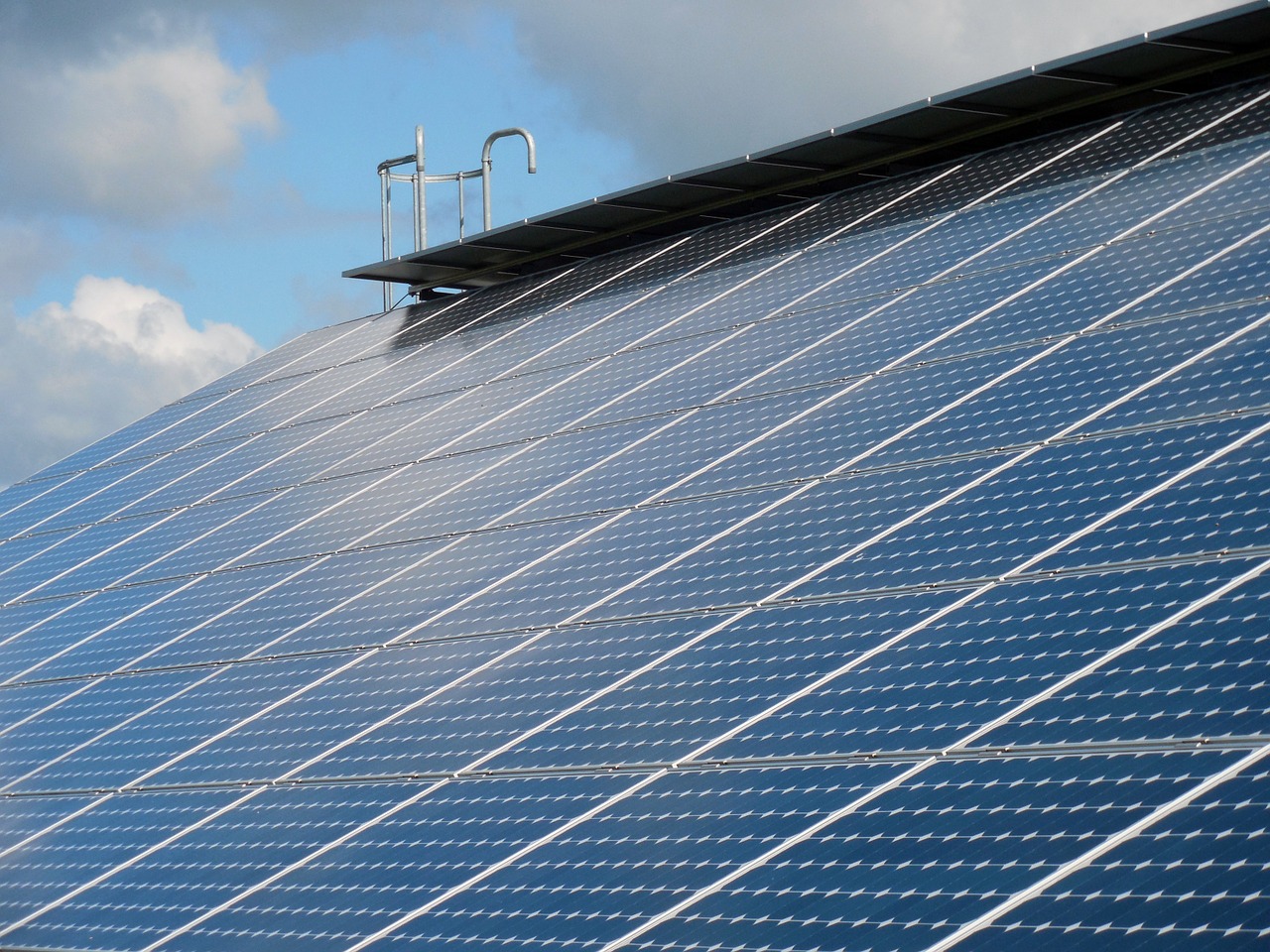Solar can come in all shapes and sizes, so it’s important to see what sets things apart. Most people probably think of conventional rooftop residential when they hear the word solar, but there are a few key differences between residential and commercial. Let’s take a look at some of those key differences below. Before we start though, it’s important to keep in mind that these differences are based upon some generalisations about both residential and commercial solar, and may not be applicable in every individual case.
#1 - Size & Production
There isn’t a huge physical difference in the size of commercial and residential solar panels, but generally commercial panels are about a foot wider. This small difference can be an important factor in the efficiency of the panels. This size difference means that the commercial panels have more solar cells than their residential counterparts and, therefore, will perform a little bit more efficiently over time. Of course, this means big savings for commercial solar owners, but residential comes in close behind in terms of efficiency and will still lead to great savings for homeowners. In the end, this size difference makes sense when you think about it - a standard residential property isn’t going to have anywhere near the same energy requirements as a big commercial property.
#2 - Installation
Generally speaking, a commercial solar system will be easier to install than a residential project. This might come as a surprise, given that commercial projects are usually much larger in scale. To explain this, we must look to the manner of installation. In most cases, homes will have pitched roofs, meaning that a residential solar system will require a penetrating racking to mount the system and bolt it to the roof. With commercial systems, on the other hand, most installations will be on a flat roof. This means no penetration is required and the panels can be simply held in place using a ballast mounting system. Again, these things can differ on a case-by-case basis and, of course, a home could have a flat roof and a commercial property a pitched roof, or vice versa. It’s important to speak to your installer about what you want for your solar panel installation.
#3 - Cost
Commercial panels are bigger than residential panels and therefore more expensive, but it’s important to remember that solar system aren’t purchased panel-by-panel. Instead, the cost of a solar system is calculated on a power production basis. A solar system is sold per kilowatt hour (kWh) and so, given equal kWh and equal production, a residential system and a commercial system will cost the same.
#4 - Panel Placement
Those seeking to install a commercial solar system will generally have more options with regards to panel location and implementation, compared to your standard residential property. The roof is the classic solar panel location for residential and commercial systems alike, but beyond the roof, commercial properties will probably have more space for a potential ground mount or alternative panel location.
They may be different, but residential and commercial solar have one very important trait in common - both lead to big savings!
To learn more about what a residential or commercial solar system could do for you, contact YSG Solar today or call us at 212.389.9215.
By Shane Croghan
Sources:
https://www.pursolaraz.com/3-important-differences-between-residential-and-commercial-solar-systems/
https://ilovemysolar.com/what-is-the-difference-between-residential-commercial-solar-panels/

